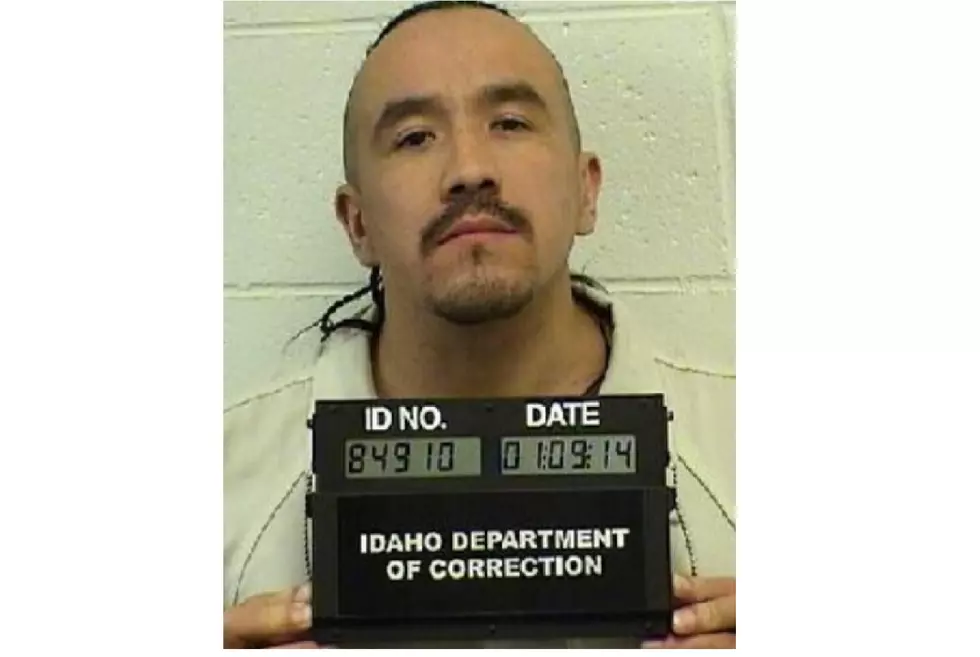
Report: Idaho has 6th-highest growth in corrections spending
BOISE, Idaho (AP) — Idaho has the sixth-highest growth rate for spending on corrections in the last 25 years, and with the state’s governor proposing a 12.1% budget increase for the Idaho Department of Correction, the department’s director says the state is at a “critical juncture.”
Idaho increased spending on corrections by 207% between 1992 and 2018, according to a report released Thursday by the Idaho Center for Fiscal Policy in Boise.
The report measured the rates by examining state corrections spending in general-fund dollars since 1992, and adjusted those numbers for inflation, the Idaho Press reported. Idaho’s expenditures outpace its spending on education during the same time period, which increased by 94% for public schools and 39% for higher education.
At least some of that spending is the result of policy decisions the Idaho Legislature made in the last 40 years, according to the report.
For instance, Idaho is one of only three states in the country — alongside New Hampshire and Nevada — where inmates are required by law to serve 100% of their fixed terms, which is the result of truth-in-sentencing legislation passed in the 1980s, according to the report.
Idaho also passed mandatory minimum sentence requirements for drug trafficking offenses in 1992, and the state also has a persistent violator or “three strikes” law, which requires a mandatory minimum five years in prison for people convicted of the same felony three times in their lifetime — even if prior convictions didn’t occur in Idaho.
The report notes 4,700 people were admitted to Idaho prisons in fiscal year 2019.
Of those, 35% were admitted for drug possession. Wording in an Idaho statute could be responsible, at least in part, for a high rate of drug offenses landing people in prison — Idaho Code Section 19-2521 instructs judges to sentence people to prison if they will likely commit another crime, such as drug possession. That portion of the law, added in 1977, doesn’t consider treatment options for those battling addiction, according to the report.
Yet treatment for addiction does appear to be a factor in Gov. Brad Little’s proposed budget increase for the Idaho Department of Correction. While the proposed budget would continue Idaho’s 25-year trend of increased spending on corrections with a 12% increase, the proposed budget does include $5.9 million for a new program aimed at helping parolees who are struggling.
The Idaho Department of Correction plans to use the money to establish “connection and intervention stations,” Idaho Department of Correction Director Josh Tewalt said.
The stations would be a resource for parolees if, for example, they relapse during recovery from drugs. Right now, if that scenario were to play out, parole officers have the option of claiming the person violated parole, meaning the parolee could head back to prison. The officer’s only other option is to use “discretionary jail time,” which is a set amount of time an officer is allowed to send a person back to jail for, in certain cases. But the parolee could take advantage of the services provided without being considered in violation of their parole.
Jeff Ray, spokesman for the Idaho Department of Correction, referred to the stations as an “intermediate option” — a step between parole and parole violation.
Tewalt told the Idaho Press last week he appreciated Little’s proposed increase to the department, and said he felt it challenged the Idaho Legislature and the state’s residents to realize Idaho is at a “critical juncture” in terms of corrections.

“I think that the governor’s strategy that we fully support is, ‘Let’s be honest about the cost of incarceration, let’s be honest about what it costs to do what we’ve always done,’” he said. “It should be painful to spend money on corrections.”
Tewalt said that, while people on parole may have some access to treatment, he knows there are many factors in the lives of parolees that can prevent them from engaging in those treatments in a meaningful way. In his presentation to the Legislature on Tuesday, Tewalt said the new stations are aimed at the 2,000 parolees most likely at risk of reoffending.
The new program would also help identify people on parole who aren’t taking advantage of the chances they’re given, Tewalt said. He believes it will provide accountability for parolees as well, and will help officers identify when a person should have their parole revoked.
The concept was well-received by legislators after Tewalt’s presentation Tuesday.
“We’re hopeful to get legislative approval and start the process,” Tewalt told the Idaho Press.
More From News Radio 1310 KLIX









